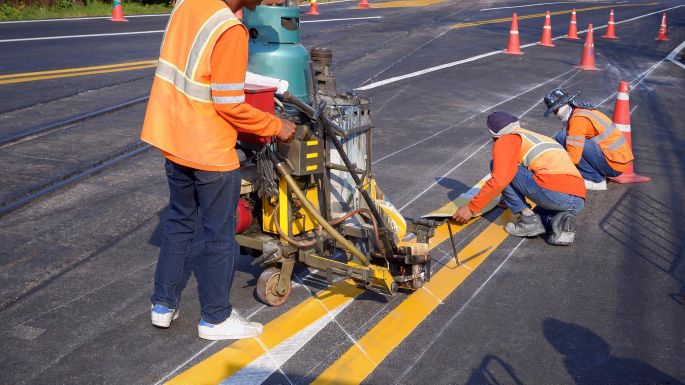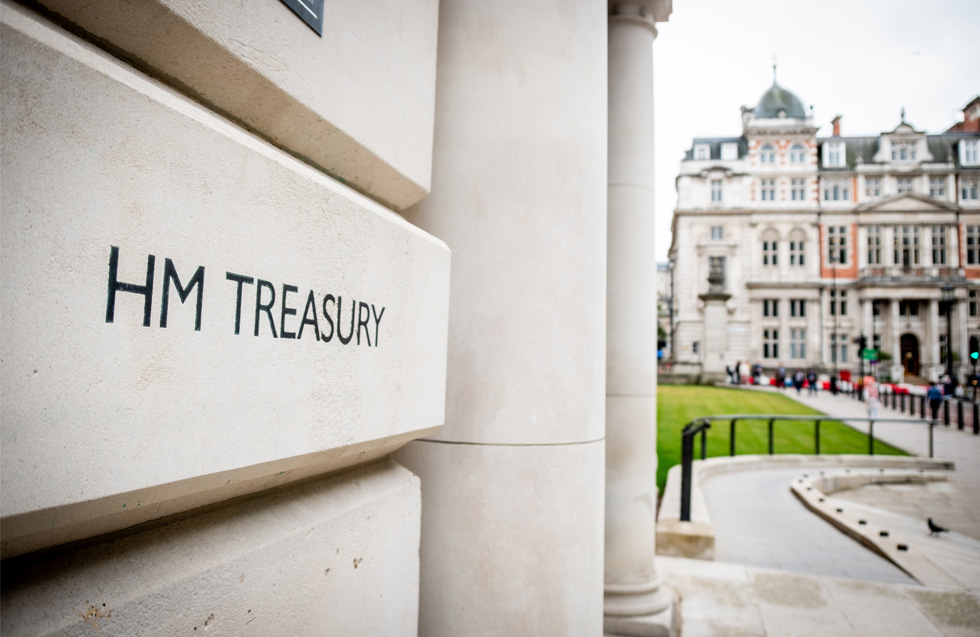Contractors and suppliers have warned that highway maintenance schemes could be delayed this season as a result of supply challenges and spiralling costs.
The Road Surface Treatments Association (RSTA) warned that prices for most materials used for maintenance projects were an immediate problem.
The leading industry body even warned that some suppliers could cite ‘Force Majeure' contract exemptions as a result of the war in Ukraine, as well as other issues such as logistics problems, to argue it is impossible to honour originally agreed contract prices.
Diesel fuel has increased by at least 30-40p per litre on average, with price rises being witnessed daily.
Contractors were already facing a further rise of 47p per litre from next month as a result of changes to the regulations on 1 April regarding removal of rebated fuel from use in specialised plant such as bitumen sprayers and chipping spreaders.
At Budget 2020, the Government announced it would remove the entitlement to use red diesel and rebated biodiesel from most sectors from April 2022 to help meet its climate change and air quality targets.
This means a combined increase of around 87p per litre or nearly £4.00 per gallon.
Many maintenance vehicles and lorries only achieve 5-8 mpg, with the industry still in the early stages of converting to alternative fuel sources such as hydrogen and electric, the RSTA highlighted.
Paul Boss, Chief Executive of the RSTA said: 'This could not have come at a worse time for our members and the surface treatments sector. The combined challenge of the war in Ukraine and ongoing logistics problems means that the industry is facing a tough few months. Our Members will be doing everything they can to avoid passing on costs but this sadly may be inevitable in the short term.'
The Mineral Products Association (MPA), whose members produce 400 million tonnes of materials for UK building and manufacturing each year, has already written to the chancellor asking him to delay the removal of the gas oil rebate, as well as calling for urgent action on soaring energy costs and transparency on delivery of the Government's infrastructure plans.
The MPA appeal came in the context of extremely volatile global energy markets following Russia's invasion of Ukraine, exacerbating prices that were already approaching record highs.
According to the MPA, the UK's energy-intensive industries face higher costs than EU competitors because of policy choices made by the UK Government and Ofgem.
As a member of the Energy Intensive Users Group, MPA has been calling for action for months to tackle the domestic policies that push UK prices well above those in the EU, threatening the competitiveness of producers in the UK.
The MPA called on the chancellor to place UK industry on a level playing field with its European competitors.































